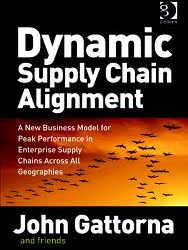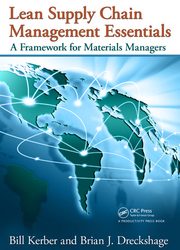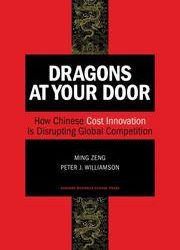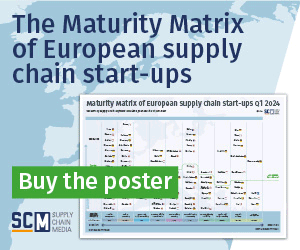Education: Supply chain management as an ongoing process

Transforming Supply Chains is a response to the increasingly complex and demanding environments in which today’s companies operate. In the book, this is illustrated by some familiar examples such as the automotive industry; a car may include an engine built in Europe and a GPS system from Asia, and be assembled in the USA. Because of the geographically fragmented production process, supply chain executives need to constantly monitor changes in trade agreements and national policies to optimize their supply chains – but they often fail to do so. Traditional supply chains, the authors argue, are therefore no longer sufficient and need to be ‘transformed’. The purpose of this comprehensive book is to guide the reader through the daunting process of transformation.
Authors John Gattorna and Deborah Ellis previously organized ‘supply chain thought leadership retreats’ in several countries, during which supply chain executives were asked to share insights into their real-life challenges. These form the basis for case studies at the end of each chapter, which are a nice way of linking theory and practice. Some examples of the organizations discussed include Walmart, Argos, DHL and Inditex.
One point of criticism is the amount of graphs and figures this book contains. Not all of them serve a clear purpose or are explained in the text, and they have a negative effect on readability, making the book feel more like a textbook. In our opinion, the publication is very thorough, but leaving out some of the details would have made it easier for readers to identify relevant information. We recommend this book to supply chain executives looking for ways to develop their supply chains over time. However, it is not suitable as a light read for people with a general interest in supply chains.
‘Transforming Supply Chains’ (2019), John Gattorna & Deborah Ellis. Pearson, 219 pages, €32.00
![]()









